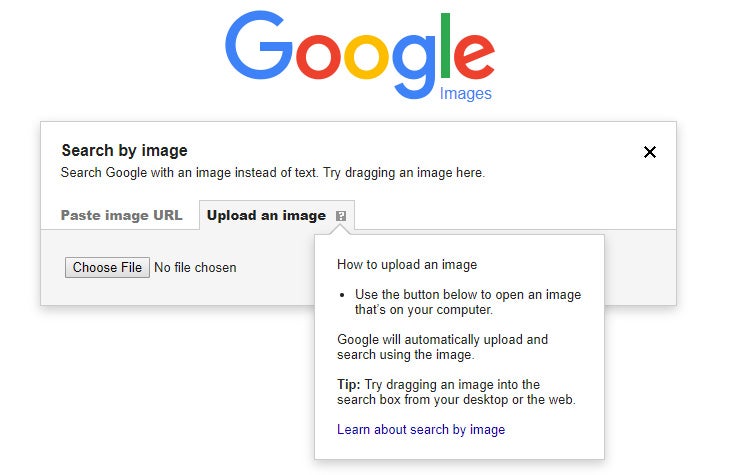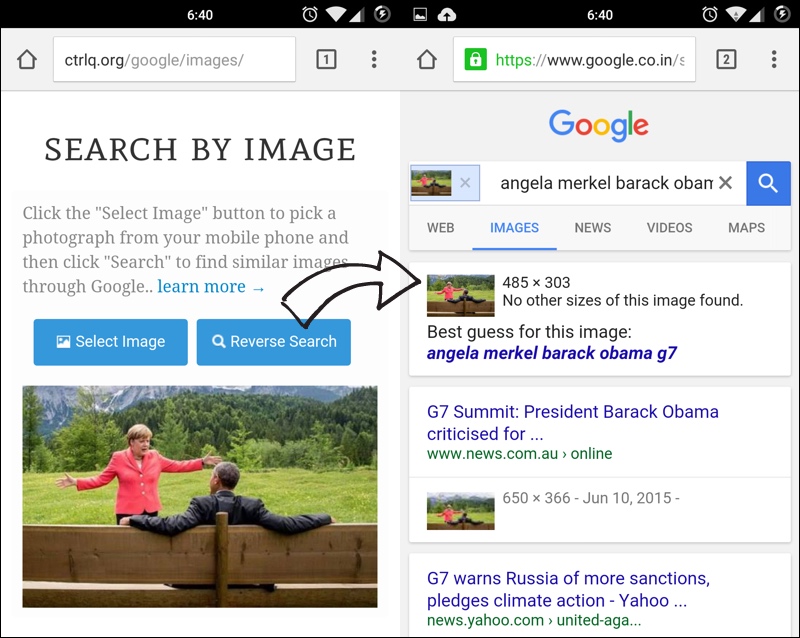
dating sites), for remarkably accurate results with facial and landscape recognition queries.


FourSquare and TripAdvisor) and social networks (e.g. This Russian site draws heavily upon user-generated content, such as tourist review sites (e.g. Yandex is by far the best reverse image search engine, with a scary-powerful ability to recognize faces, landscapes, and objects.

A fourth service that could also be used in investigations is TinEye, but this site specializes in intellectual property violations and looks for exact duplicates of images. After Yandex, the runners-up are Microsoft’s Bing and Google. The first and most important piece of advice on this topic cannot be stressed enough: Google reverse image search isn’t very good.Īs of this guide’s publication date, the undisputed leader of reverse image search is the Russian site Yandex. After detailing the core differences between the search engines, Yandex, Bing, and Google are tested on five test images showing different objects and from various regions of the world. This guide will walk through detailed strategies to use reverse image search in digital investigations, with an eye towards identifying people and locations, along with determining an image’s progeny.

Limiting your search process to uploading a photograph in its original form to just may give you useful results for the most obviously stolen or popular images, but for most any sophisticated research project, you need additional sites at your disposal - along with a lot of creativity. However, if you only use Google for reverse image searching, you will be disappointed more often than not. This method has also seen widespread use in popular culture, perhaps most notably in the MTV show Catfish, which exposes people in online relationships who use stolen photographs on their social media. Reverse image search is one of the most well-known and easiest digital investigative techniques, with two-click functionality of choosing “Search Google for image” in many web browsers.


 0 kommentar(er)
0 kommentar(er)
